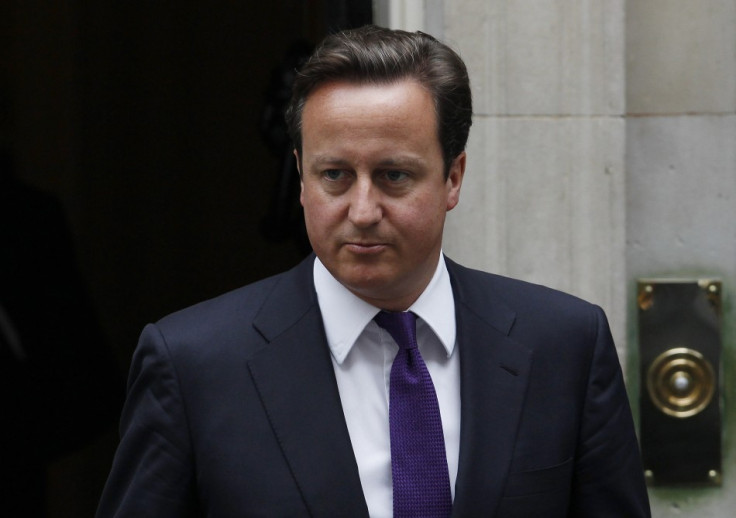Time for Cameron to Prove he is not a ‘European Enthusiast’ and Call European Union Membership Referendum

David Cameron's appearance in front of MP's yesterday at the House of Commons Liaison Committee has done little to quieten the calls for a vote on continuing European Union membership within the ranks of his party.
Although Prime Minster Cameron did announce that Britain will not join the Euro under his watch, Cameron has been accused of being a European enthusiast by the Commons European scrutiny committee, raising pressure on Cameron and Chancellor George Osborne's rapidly changing, and far more positive views on European integration.
Bill Cash, the Eurosceptic Tory MP who chairs the Commons European scrutiny committee, told the Prime Minister that while he had 'certain reservations' about the EU, it was clear that he was 'actually rather an enthusiast' for keeping the union together through integration.
Mr Cameron insisted he was a 'practical Eurosceptic' - but warned of economic disaster for Britain if the euro is allowed to collapse, The Daily Mail reports.
With the Eurozone in crisis, Osborne and Cameron have abandoned their resistance and now believe the euro's only hope of survival is if the EU backs more co-ordination of tax and spending policies. Osborne told Radio 4's Today show: "I think we have to accept that is going to happen. It is in our interest that it happens because an unstable euro is very bad news for us."
80 Euro-sceptics elected to the Commons in May 2010 will meet this week to press the government to change the UK's relationship with the European Union in the wake of Eurozone crisis. The turmoil in the Eurozone has hardened Euro-sceptics and the Telegraph reports that the MP's will push David Cameron to renegotiate Britain's links with the EU, with many believing the Lisbon Treaty, ratified by the Gordon Brown's Labour government before David Cameron was elected Prime Minster in May 2010, should be thrown out.
Whilst Cameron may have gone a long way to prevent a full revolt in his party yesterday there is still resentment over the broken promises made by Cameron in June 2009. George Osborne has advocated a single tax system which worries many Tory MP's that the EU will become fundamentally different to the organisation the UK signed up to in 1973. Many inside both the Labour and the Conservative Party believed that Britain will come under intense pressure to conform to the Eurozone even if we stay out of the Euro.
"In terms of rebuilding trust, I think this issue of when you make a promise, sticking to that promise, like the promise we have all made about having a referendum on the constitution, is as important as anything else," he told GMTV in June 2009.
Efforts will be made during the party conference season to put pressure on both Cameron and Osborne to give the people a voice over future membership. Zac Goldsmith and the In/Out campaign will look to gain support at the conference this year in a bid to try and convince George Osborne that his new found enthusiasm for European integration is the wrong path for both the Conservative Party and the United Kingdom.
A referendum does not necessarily need to be on the Lisbon Treaty, it can be on the future of Britain relationship with the European Union as a whole. It is now time for Prime Minster Cameron to give the people of Britain a voice.
The European Union has evolved over the years and governments have stood back and allowed Brussels policy makers to run the rule over British businesses for too long. Nobody under the age of 52 has been given a say on their relationship with Europe. For all of Cameron's broken promises over this issue, calling a referendum on repelling the Lisbon Treaty or Britain's relationship in the European Union will give the people of Britain a renewed respect for the Prime Minster. Cameron must now show that he has Britain's interests at heart, not those of the Liberal Democrats.
© Copyright IBTimes 2025. All rights reserved.





















